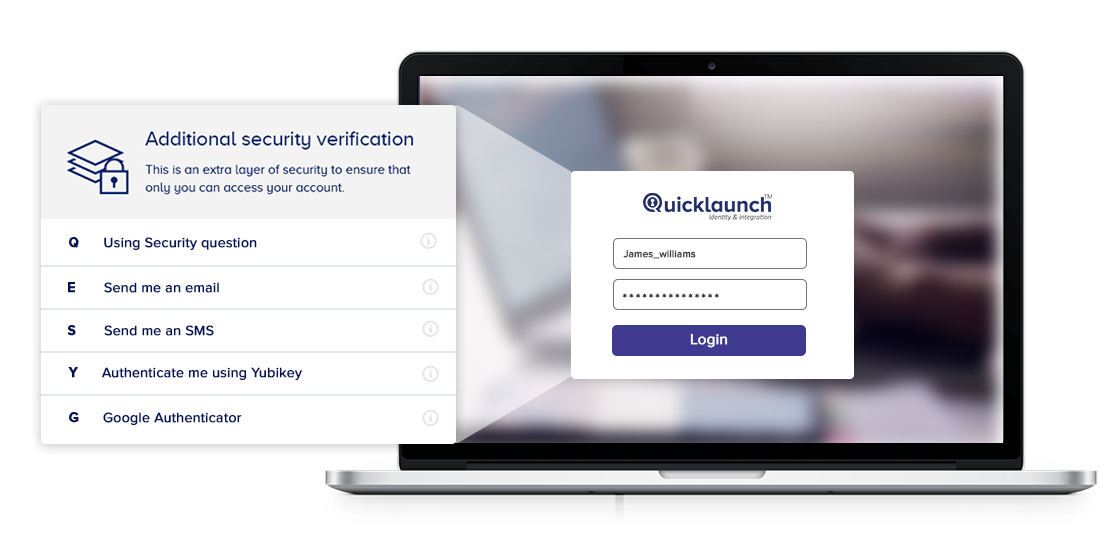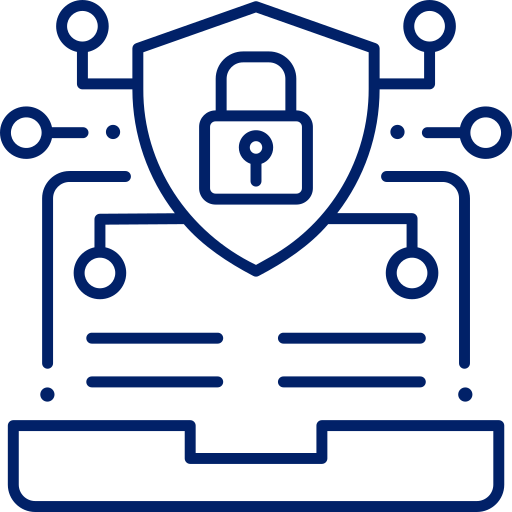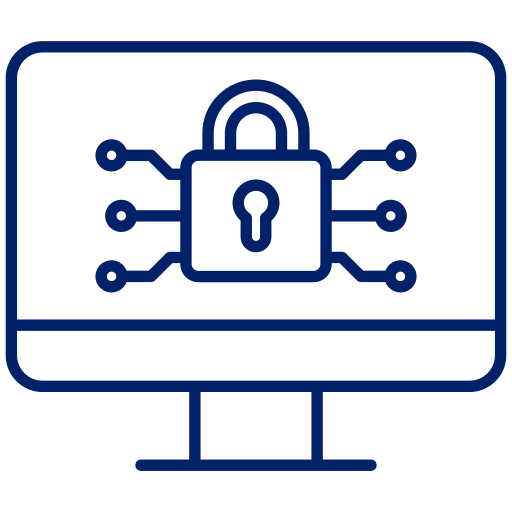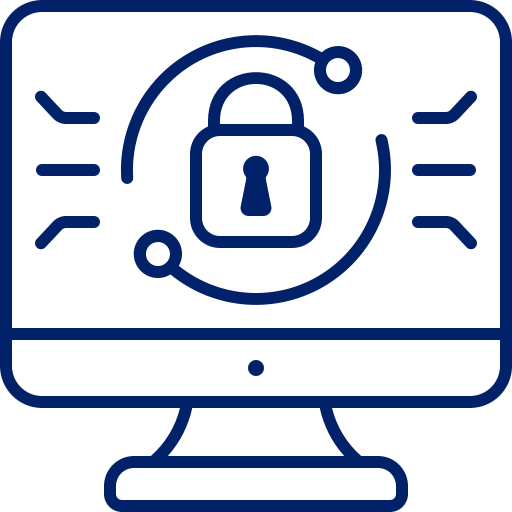Cyber Insurance MFA Compliance at the tip of your fingers
Over the years obtaining cyber insurance has become more complex. Underwriters are looking for MFA to be in place as a minimum proof of protection for eligibility for coverage. QuickLaunch can help you meet the MFA Compliance requirement with quick time to value.

Over 250 Institutions trust QuickLaunch as their Identity Management Partner





What is Cyber Liability Insurance?
Cyber liability insurance, sometimes known as cyber insurance, is distinct from traditional commercial general liability and property insurance policies. In short, cyber liability insurance acts as a general line of coverage designed to mitigate losses and costs from a variety of cyber incidents, including data breaches, network damage, and the resulting business interruption.
How can MFA help demonstrate your institution’s eligibility for Cyber Insurance coverage?
- Improve Cybersecurity Posture across campus and virtual learning environments
- Accelerate Readiness for Cyber Insurance Pre-Audit Requirements
- Mitigate ransomware risks
- Satisfy Compliance requirements
Cyber liability insurance generally deals with:

Loss or destruction of data

Breach incident

Damages to software/hardware

Extortion demands to appease bad actors

QuickLaunch Adaptive Multi-Factor Authentication
Enable Secure User Login from Anywhere
Improves cyber security posture by protecting user accounts from being hacked and thwarting ransomware and phishing cyber attacks.

Password Manager Integration

Role-based Authentication

Challenge Questions

SMS OTP

YubiKey Integration

Google Authentication

Diverse Detection Criteria


